การตรวจเอชไอวีด้วยตนเองผ่านช่องทางออนไลน์ สำหรับเยาวชนชายที่มีเพศสัมพันธ์กับชาย
หน่วยความเป็นเลิศด้านการวิจัยเพศภาวะ เพศวิถีและสุขภาพ คณะสังคมศาสตร์และมนุษยศาสตร์ มหาวิทยาลัยมหิดล


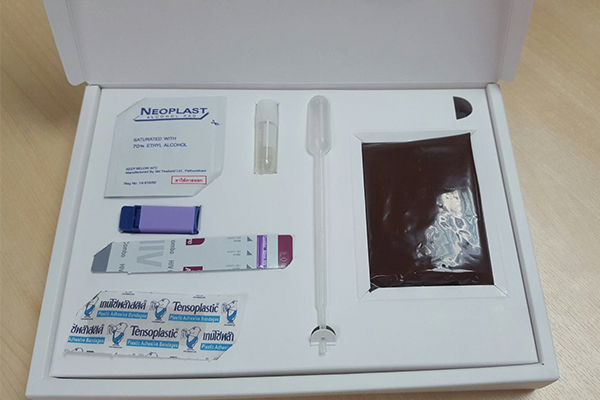
{:th}
การตรวจเอชไอวีด้วยตนเองผ่านช่องทางออนไลน์ สำหรับเยาวชนชายที่มีเพศสัมพันธ์กับชาย
หน่วยความเป็นเลิศด้านการวิจัยเพศภาวะ เพศวิถีและสุขภาพ คณะสังคมศาสตร์และมนุษยศาสตร์ มหาวิทยาลัยมหิดล
โครงการวิจัย:
การเสนอบริการตรวจเอชไอวีผ่านช่องทางออนไลน์ สำหรับกลุ่มชายที่มีเพศสัมพันธ์กับชายในเขตกรุงเทพมหานคร (Bangkok Online Testing On MSM)
ผลงานวิจัย:
การตรวจเอชไอวีด้วยตนเองผ่านช่องทางออนไลน์ สำหรับเยาวชนชายที่มีเพศสัมพันธ์กับชาย
ผู้วิจัย:
รองศาสตราจารย์ ดร. โธมัส กวาดามูซ
โครงการการเสนอบริการตรวจเอชไอวีผ่านช่องทางออนไลน์ สำหรับกลุ่มชายที่มีเพศสัมพันธ์กับชายในเขตกรุงเทพมหานคร (Bangkok Online Testing On MSM) วัตถุประสงค์เพื่อ 1) ศึกษาปัจจัยที่เป็นอุปสรรคและปัจจัยสำเร็จ รวมถึงปัจจัยทางด้านสังคมและวัฒนธรรม ที่มีผลต่อการตรวจเอชไอวีออนไลน์ในกลุ่มชายรักชาย 2) เพื่อศึกษาการรับรู้อุปสรรค ปัจจัยเอื้อ รวมถึงพฤติกรรม ที่เกี่ยวข้องกับการตรวจเอชไอวีออนไลน์ และความเป็นไปได้ในการจัดบริการตรวจเอชไอวีแบบออนไลน์ 3) เพื่อเสนอรูปแบบบริการการตรวจเอชไอวีผ่านช่องทางออนไลน์ โดยในโครงการได้มีการประยุกต์ใช้เทคโนโลยีสื่อออนไลน์เข้ามาช่วยในการส่งเสริมการจัดบริการตรวจเอชไอวี โดยให้เยาวชนสามารถตรวจเอชไอวีได้ด้วยตนเองที่บ้าน จากการเก็บข้อมูลโดยการตอบแบบสอบถามออนไลน์จากกลุ่มเยาวชนชายรักชายในเขตกรุงเทพมหานครจำนวน 1,394 คนพบว่ากลุ่มตัวอย่างจำนวน 87% มีความสนใจและพร้อมที่จะตรวจเอชไอวีด้วยตนเอง ในโครงการได้มีการทดลองโดยได้จัดส่งชุดตรวจเอชไอวีด้วยตนเองไปให้กลุ่มตัวอย่างที่สนใจเข้าร่วมโครงการ และมีเจ้าหน้าที่ของโครงการคอยให้คำปรึกษาและให้คำแนะนำในการตรวจแบบออนไลน์ ผ่านวิดีโอคอลตลอดกระบวนการของการตรวจด้วยตนเอง อุปกรณ์ที่ใช้การตรวจเอชไอวีด้วยตนเอง ประกอบด้วยชุดตรวจเอชไอวีแบบรู้ผลทันที (the 4th generation Alere™ HIV Combo test) และมีการยืนยันผลการตรวจโดยกระดาษซับเลือด (Dried blood spot: DBS) โดยให้กลุ่มตัวอย่างส่งกระดาษซับเลือดไปยังศูนย์วิจัยทางคลินิก กรมวิทยาศาสตร์การแพทย์ กระทรวงสาธารณสุข เพื่อตรวจยืนยันทางคลินิกโดยใช้เทคนิค HIV PCR LAB testing โดยได้ติดตามอาสาสมัครเพื่อให้มีการตรวจเอชไอวีอย่างต่อเนื่องทุก ๆ 3 เดือน ผลพบว่าอาสาสมัครกลับมาตรวจแบบติดตามสูงถึง 90% และในกลุ่มอาสาสมัครที่ติดเชื้อเอชไอวีเข้าสู่กระบวนการรักษาครบ 100% จึงสามารถสรุปได้ว่าวิธีการตรวจออนไลน์ด้วยตัวเองดังกล่าว ได้รับความสนใจจากเยาวชนกลุ่มเสี่ยง และส่งผลตรวจได้ตามขั้นตอนที่แนะนำผ่านระบบออนไลน์ การตรวจเอชไอวีด้วยตนเองแบบออนไลน์จึงเหมาะอย่างยิ่งสำหรับผู้ที่มีความเสี่ยงสูง โดยทำให้พวกเขาสามารถตรวจเอชไอวีด้วยตัวเองที่บ้าน ด้วยขั้นตอนที่ไม่ซับซ้อน และใช้เวลาไม่นาน และที่สำคัญคือไม่ต้องออกไปตรวจข้างนอก เพื่อเป็นการเพิ่มทางเลือกให้กับผู้มีความเสี่ยง สู่การบรรลุเป้าหมาย UNAIDS 90-90-90
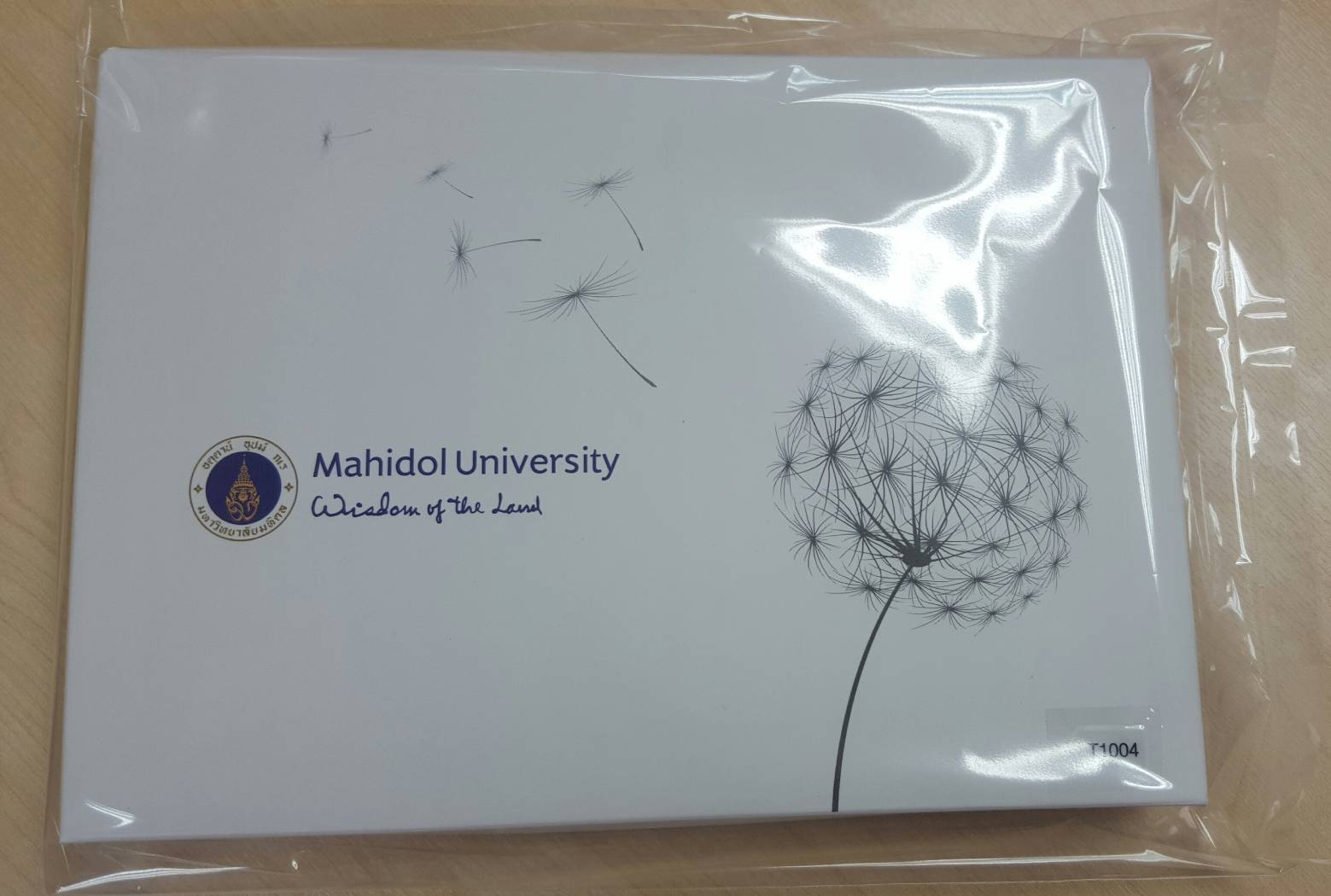
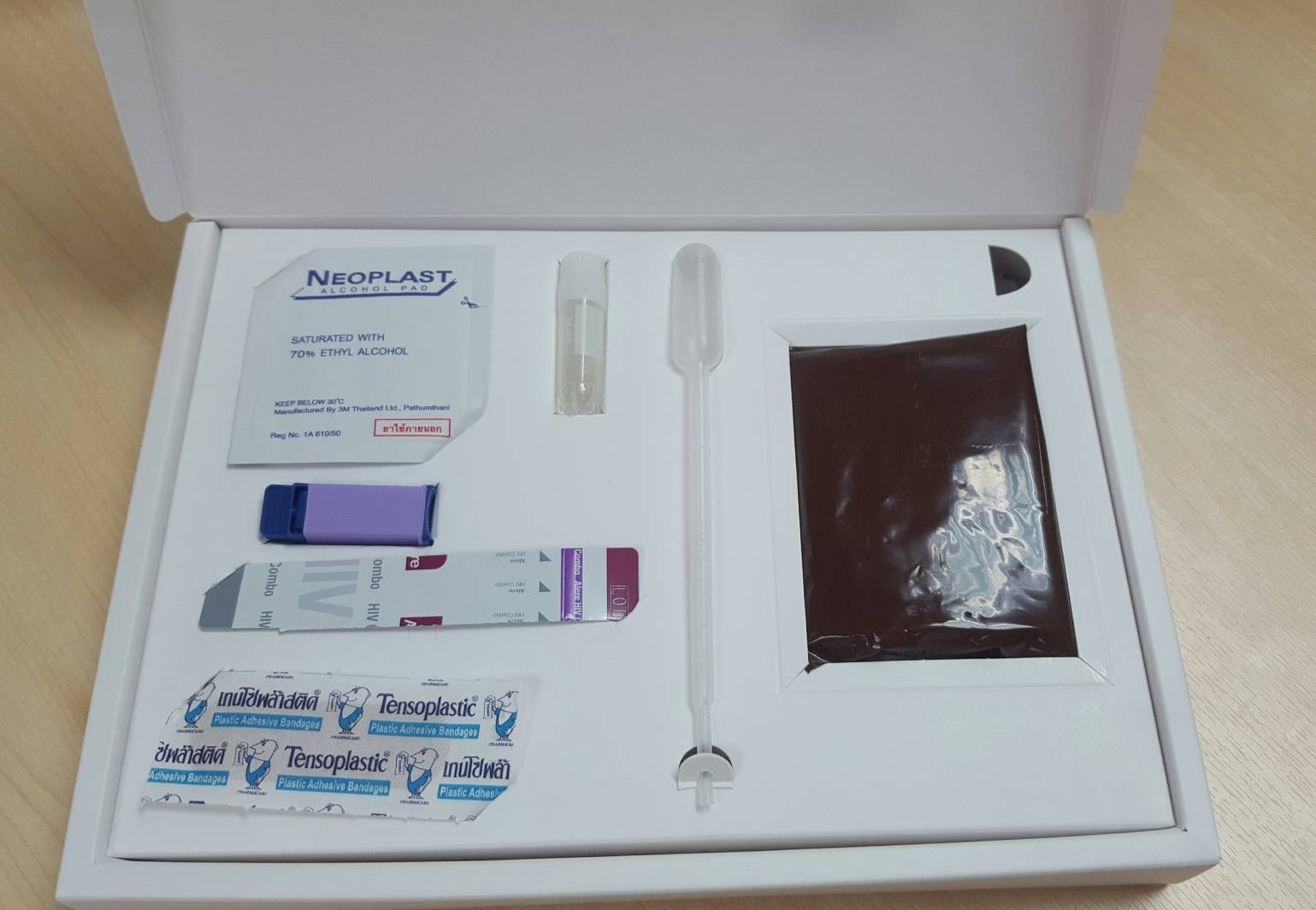
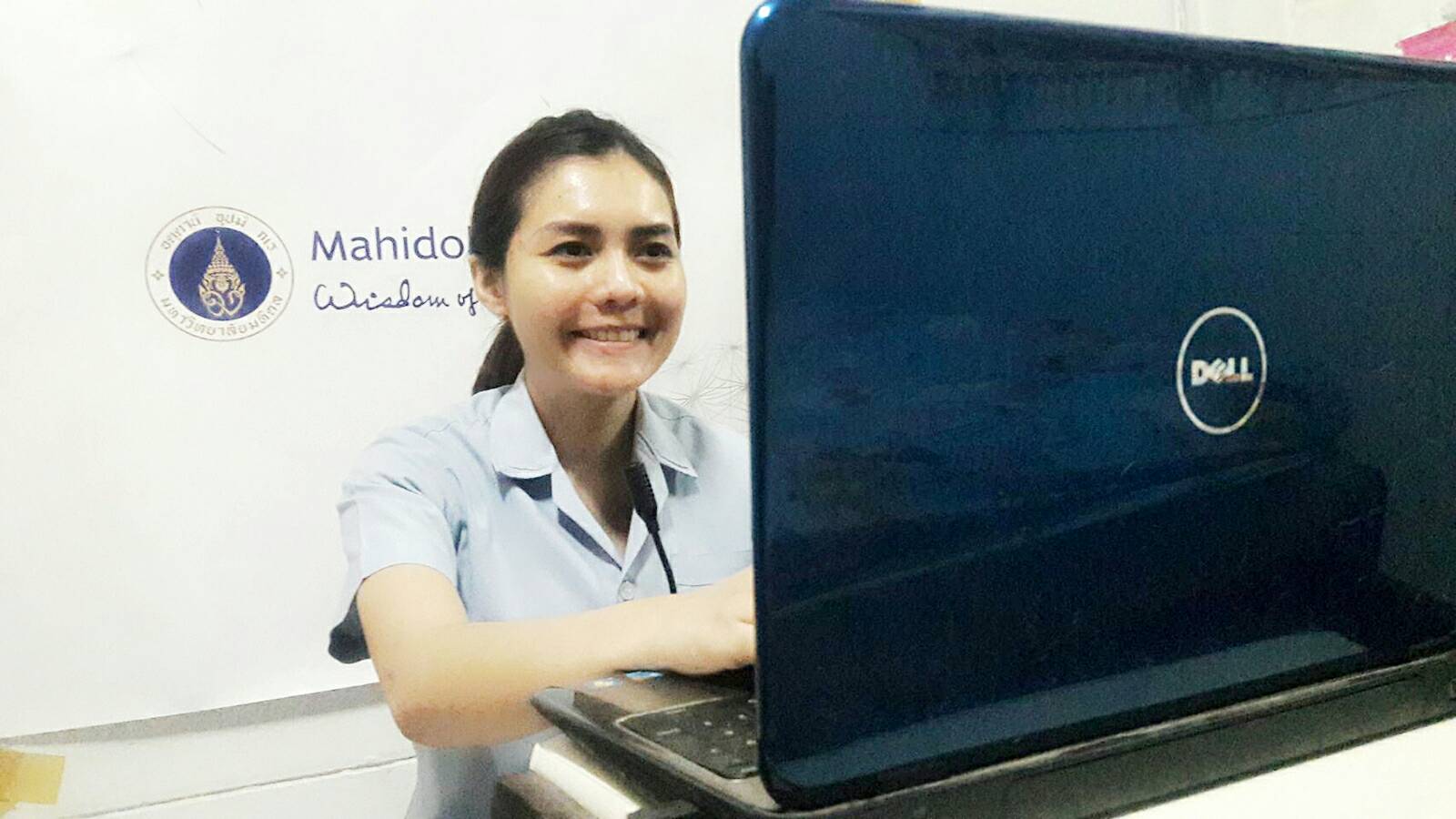
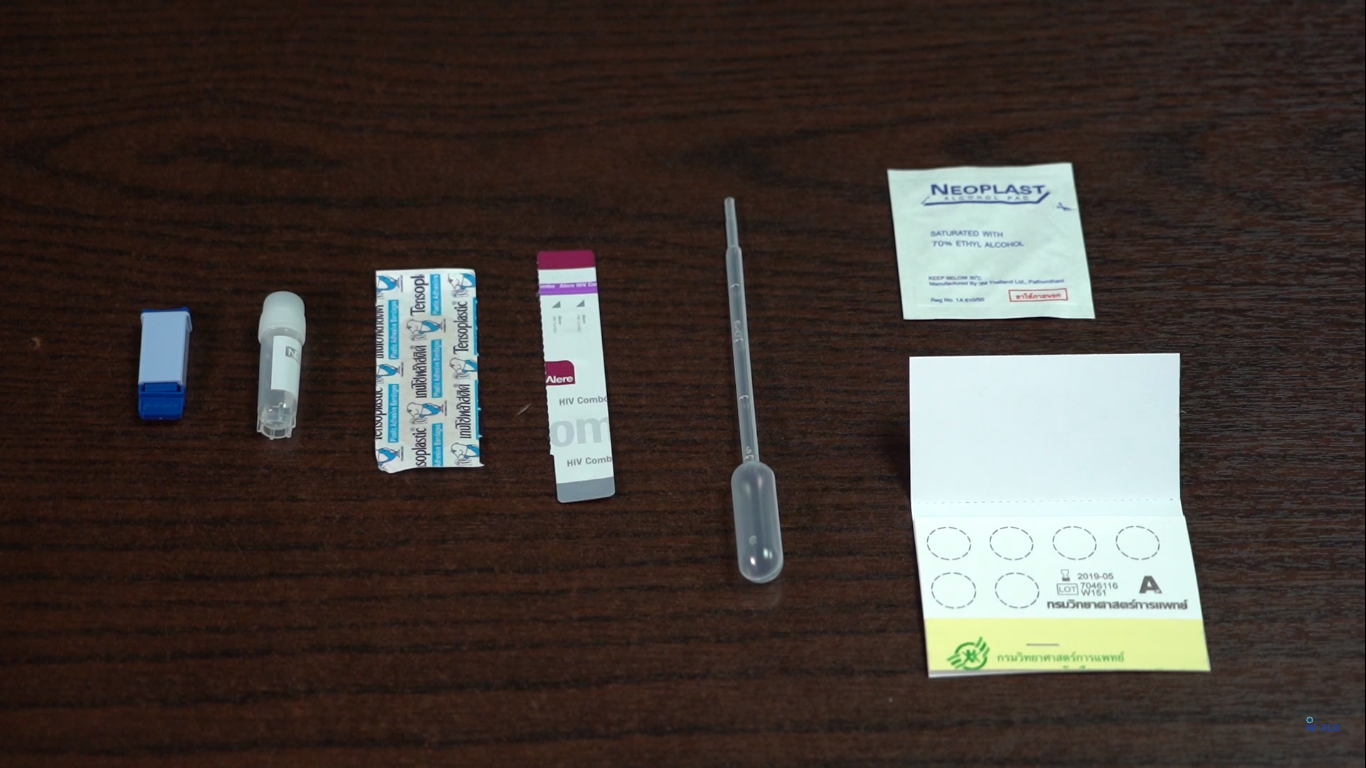
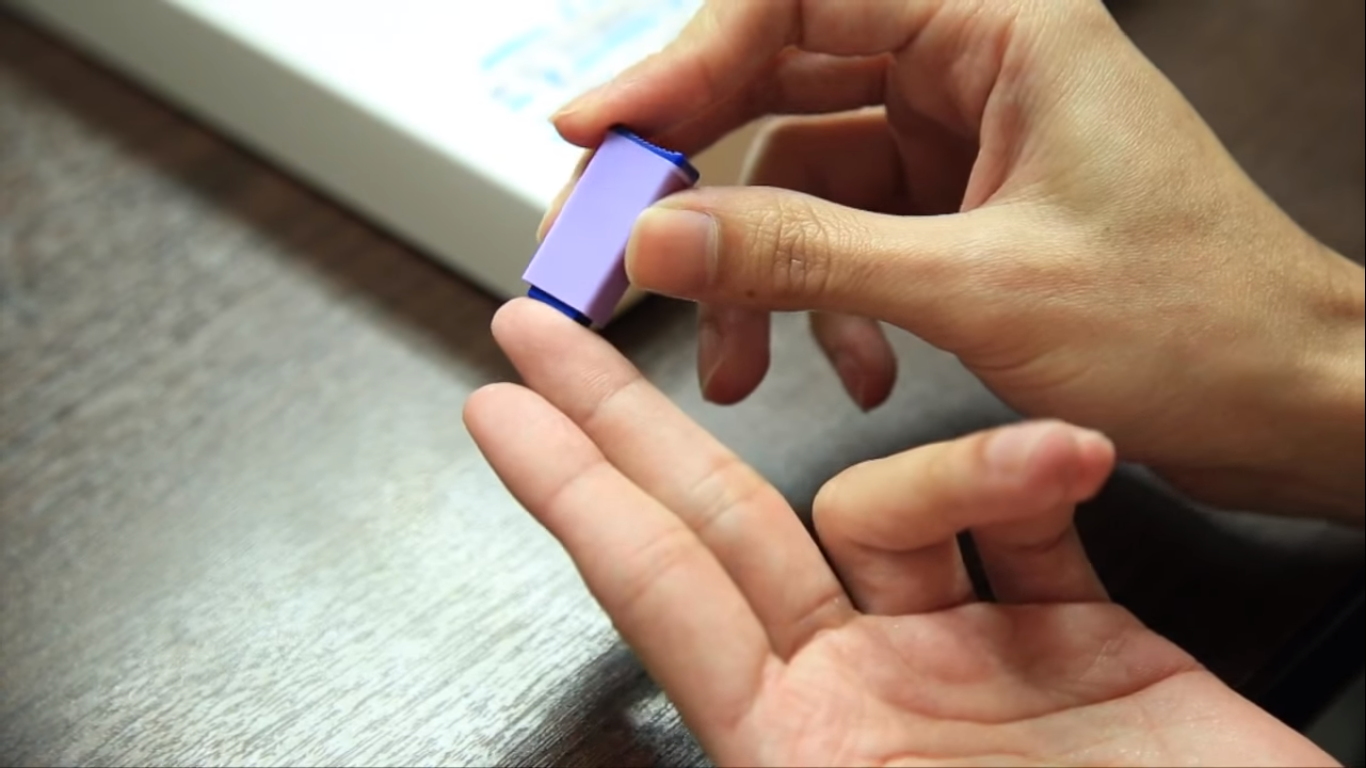
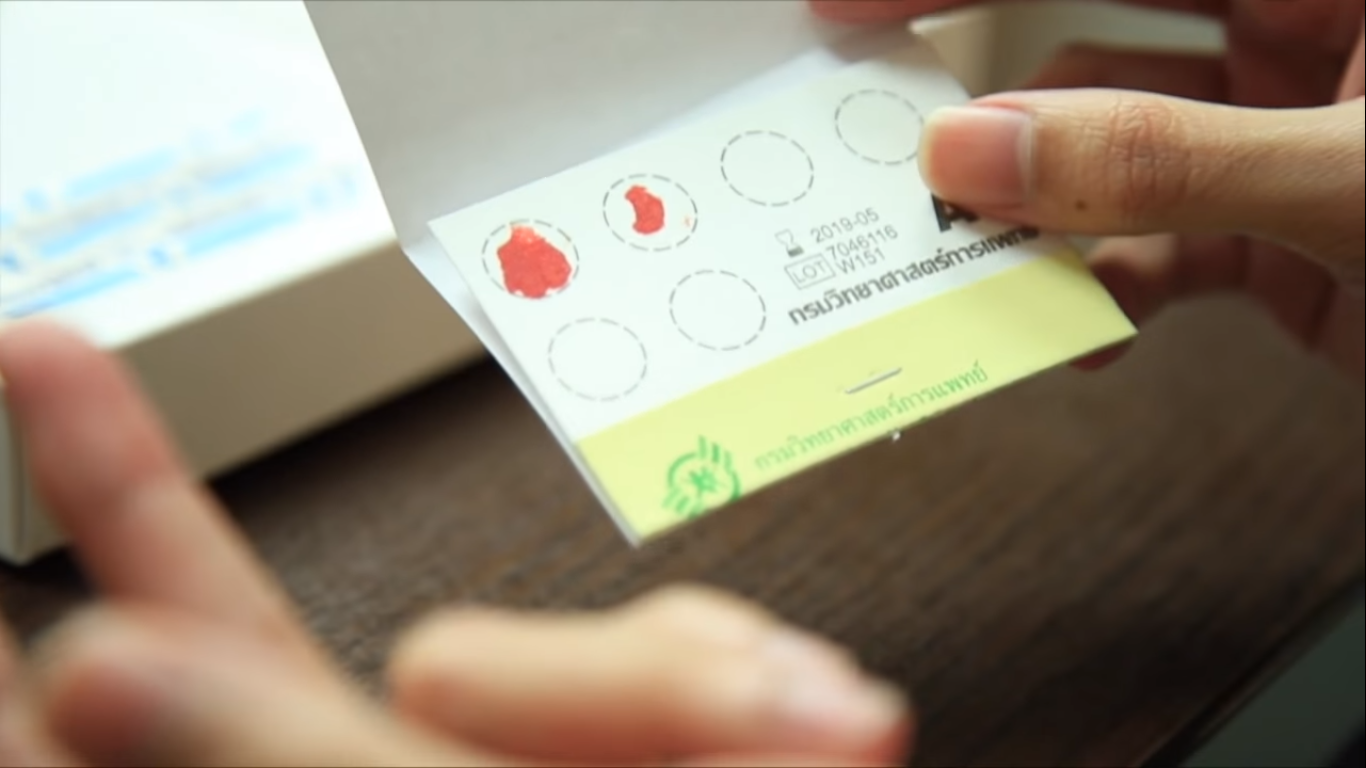
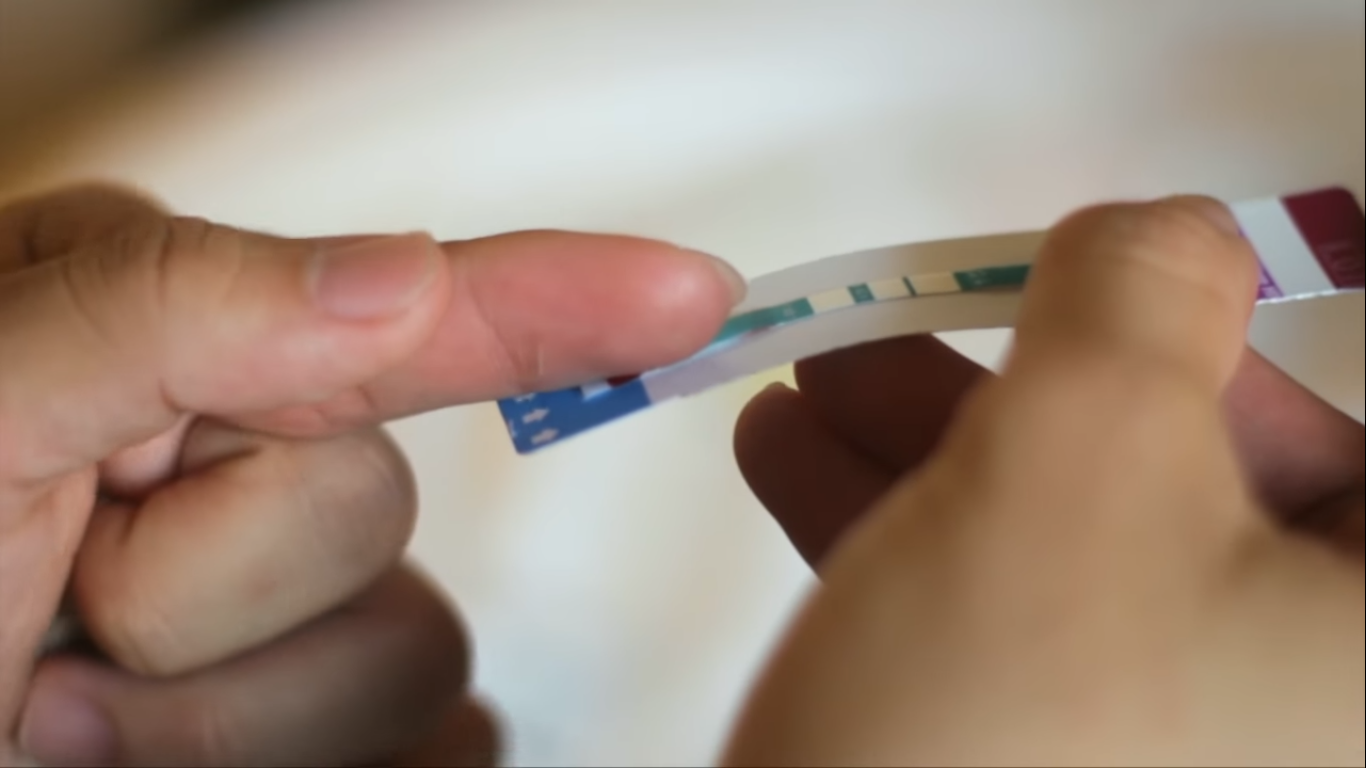
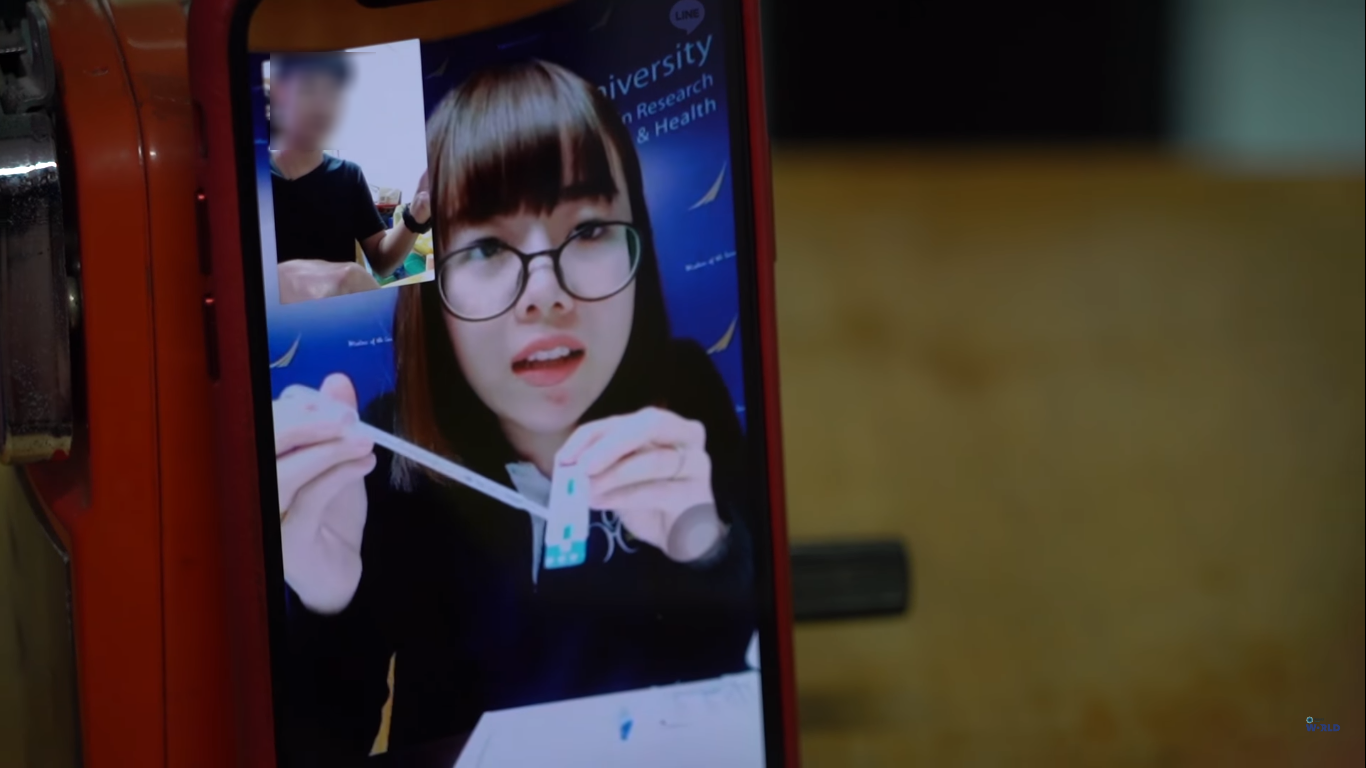
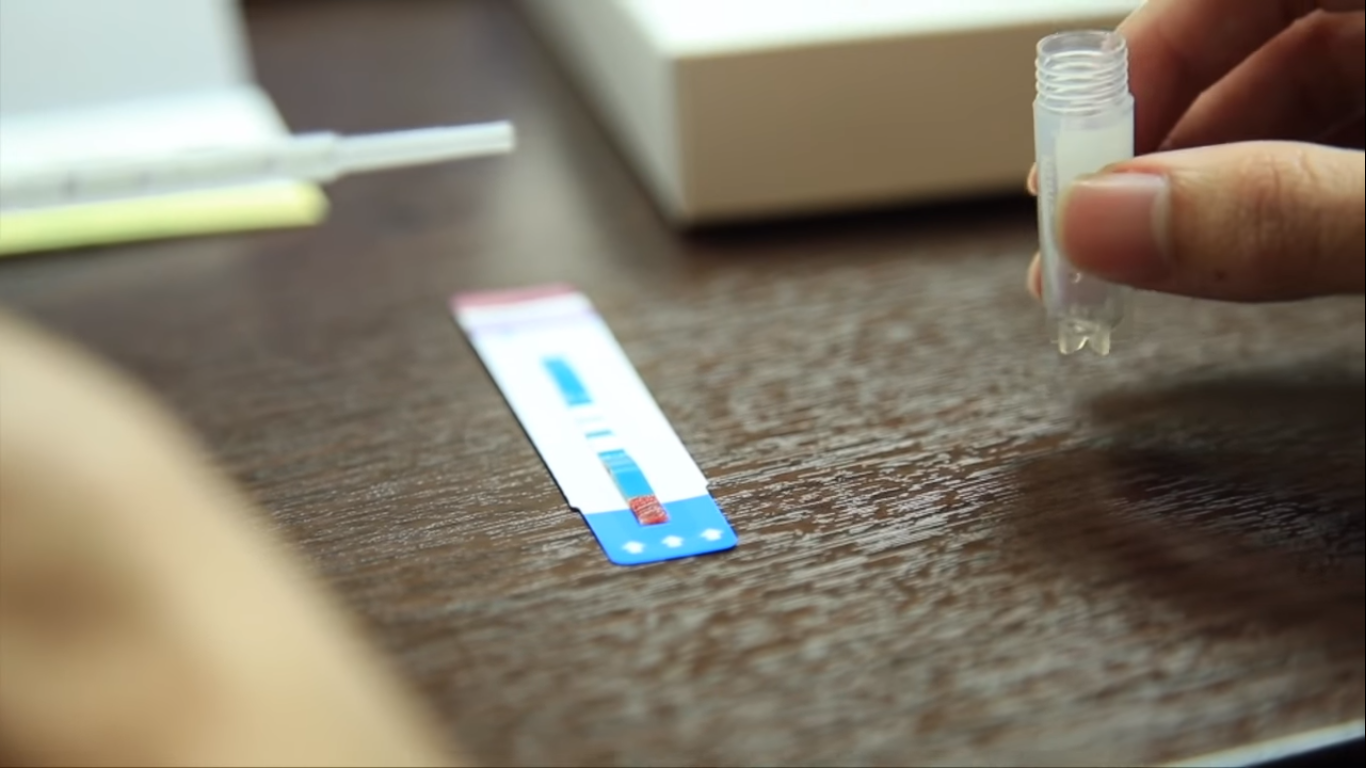
การเผยแพร่ผลงาน:
• Kongjareon, Y., Samoh, N., Lim, S. H., Peerawaranun, P., Jonas, K. J., & Guadamuz, T. E. (2020). Group sex, suicidality and online partners: implications for HIV and suicide prevention: a short report. AIDS care, 32(8), 954-958. DOI:10.1080/09540121.2020.1734174
• Samoh, N., Peerawaranun, P., Jonas, K. J., Lim, S. H., Wickersham, J. A., & Guadamuz, T. E. (2021). Willingness to Use HIV Self-Testing With Online Supervision Among App-Using Young Men Who Have Sex With Men in Bangkok. Sexually Transmitted Diseases, 48(3), e41-44. DOI: 10.1097/OLQ.0000000000001271
การติดต่อ:
รศ. ดร.โธมัส กวาดามูซ
08 6084 4154
tguadamu@hotmail.com
Online HIV Self-Testing For MSM Youths
Department of Society and Health, and Center of Excellence in Research on Gender, Sexuality and Health, Faculty of Social Sciences and Humanities, Mahidol University
Title of Project:
Bangkok Online HIV Testing For MSMs
Title of Research:
Online HIV Self-Testing For MSM Youths
Research:
Assoc. Prof. Dr. Thomas Guadamuz
The project on Bangkok Online HIV Testing For MSMs has been started with the objectives as follows; 1) To understand any obstacles and successes including social and cultural factors that have impacts upon online HIV testing among MSMs; 2) To study the perceptions of obstacles, other contributing factors, including behaviors related to online HIV testing and the possibility of providing online HIV testing services; 3) To propose a provision of HIV testing services through online platforms. This project applies online media technologies to facilitate the provision of HIV testing services and allows youths to conduct HIV self-testing at home. According to the data from online questionnaires carried out with 1,394 MSM youths in Bangkok, 87% of them show interest and their readiness to do HIV self-testing. In the project, a trial was conducted by sending an HIV self-test kit to the volunteers with staff to help provide them with consultation online via a video call throughout their self-testing process. The HIV self-test kit involves the 4th generation Alere™ HIV Combo test and Dried Blood Spot (DBS), which is used for affirming their test results. After completing the self-test, the volunteers will submit their DBS to the Clinical Research Center, Department of Medical Science, Ministry of Public Health Thailand, to obtain a clinical verification based on HIV PCR LAB testing. According to an ongoing monitoring of the volunteers’s HIV self-testing on the basis of every three months, up to 90% of them have returned for follow-up examinations, while 100% of the HIV-positive volunteers have returned for the treatment process. In conclusion, online HIV self-testing has received a great deal of attention from the risk groups, who also showed capability of following recommended steps in submitting their test results through online platforms. Online HIV self-test is therefore a recommended approach for high-risk groups, which allows them to conduct HIV tests by themselves at home. It is also quite easy and does not take them a lot of time to do. Importantly, it prevents them from having to go outside to get tested. Eventually, it becomes an alternative way for high-risk groups to achieve the 90–90–90 targets as set by UNAIDS.









Publications:
• Kongjareon, Y., Samoh, N., Lim, S. H., Peerawaranun, P., Jonas, K. J., & Guadamuz, T. E. (2020). Group sex, suicidality and online partners: implications for HIV and suicide prevention: a short report. AIDS care, 32(8), 954-958. DOI:10.1080/09540121.2020.1734174
• Samoh, N., Peerawaranun, P., Jonas, K. J., Lim, S. H., Wickersham, J. A., & Guadamuz, T. E. (2021). Willingness to Use HIV Self-Testing With Online Supervision Among App-Using Young Men Who Have Sex With Men in Bangkok. Sexually Transmitted Diseases, 48(3), e41-44. DOI: 10.1097/OLQ.0000000000001271
Contact:
Assoc. Prof. Dr.Thomas Guadamuz
08 6084 4154
tguadamu@hotmail.com